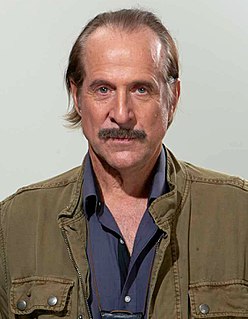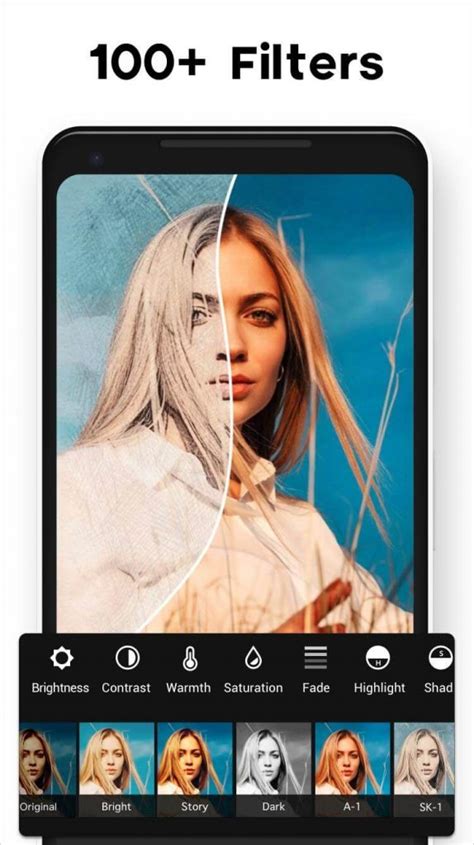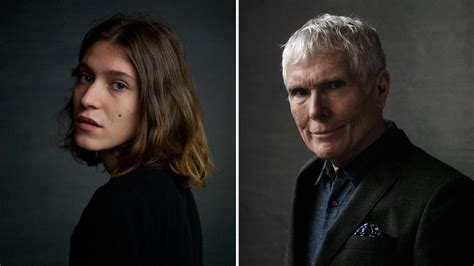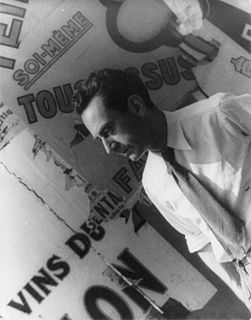A Quote by Ali Smith
What's the point of art, of any art, if it doesn't let us see with a little bit of objectivity where we are?
Quote Topics
Related Quotes
I think art world will have consolidated, I think it will slow down a little bit. I think it will be less white and Western, which it is still at the moment. There will be more female artists in the mix. I think we'll see art forms explored through different media - the Internet, television, books, even. We'll see art produced in forms and media that we haven't seen yet.
The X is an amazing car, but we kind of got carried away with the art and technology. Obviously, you want great art. You want great technology. But we did get a little distracted from our mission, which was to advance the cause of electric vehicles. And it probably delayed us a little bit with the Model 3 as well.
Much like teaching art to young art students age 10 to 15 or so on, you have to break it down into bite-sized pieces, essential components. You have to - you know, at this point I'm so used to operating within given assumptions about art. But when you're explaining art to art students or people who are new to this experience, you have to really go back to the fundamentals.






































